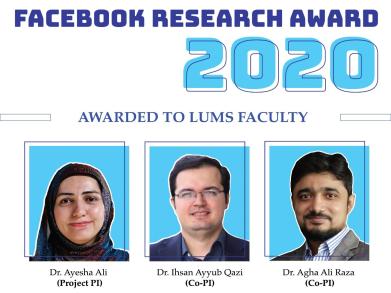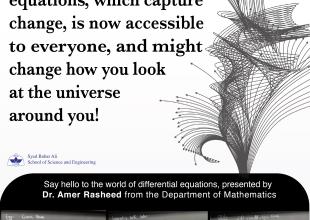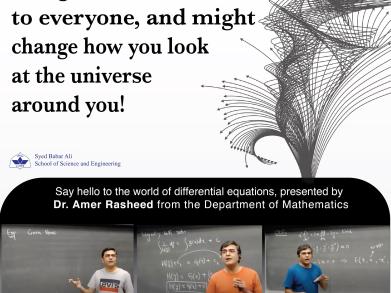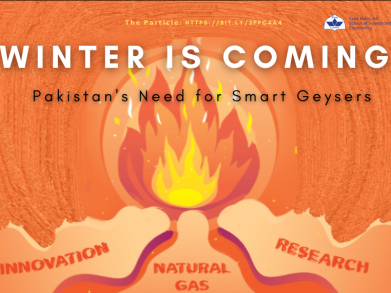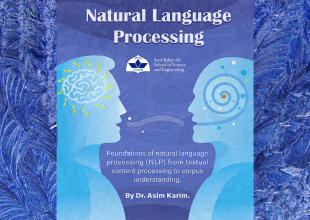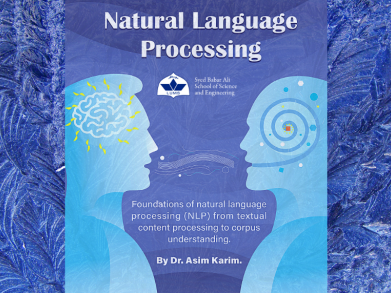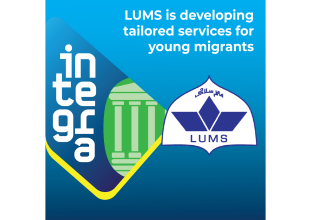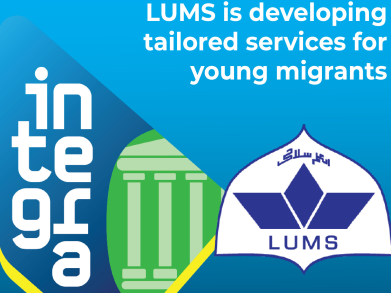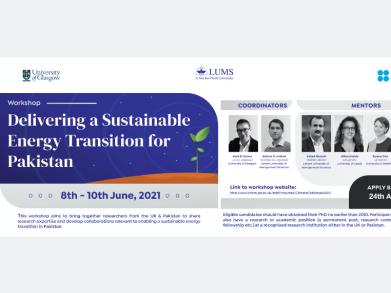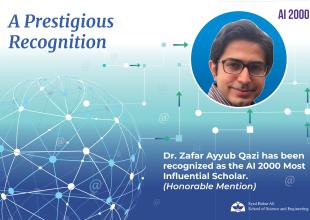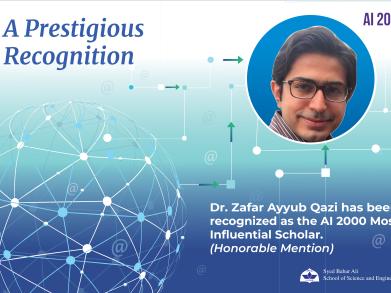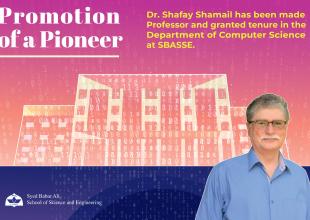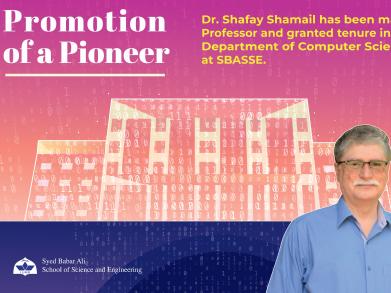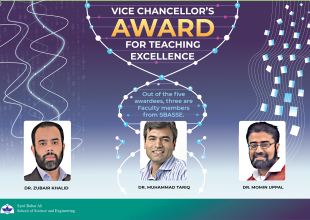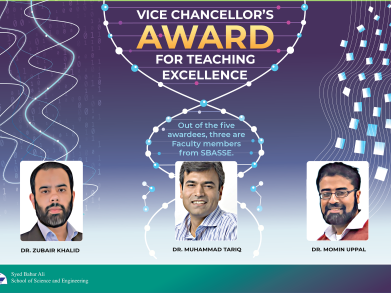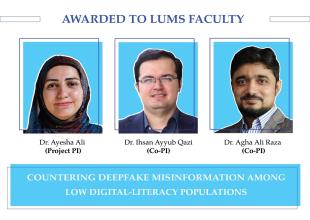
Have you ever used filters on your Snapchat? Of course, you have! We love filters that can make us look older, younger, or just outright funny. However, a sinister extension to this technology, appropriately named ‘deepfake’, can recreate anyone’s voice and video with unprecedented accuracy and can be used to project fake identities of influential people to create anarchy, distrust and political polarisation. Bad, bad stuff!
But worry not – Team LUMS to the rescue! Dr. Ayesha Ali from the LUMS Economics Department and Dr. Ihsan Ayyub Qazi and Dr. Agha Ali Raza from Computer Science, have just won the prestigious Facebook Research Award that puts us in the right spot to develop and test our in-house deepfake-busting technology.
This year Facebook received over 1,000 proposals from 600 institutions and 77 countries around the world and only 25 proposals were selected for funding. This is the second time in a row that our Faculty have won this highly selective award and will provide funding of USD 90,000 to ensure everyone’s identities are protected and our society is safe from cyber criminals.
The original announcement from Facebook can be seen here: https://bit.ly/2XIOo9e
The recipients of the award describe, "Our work aims to answer two questions: (i) Among populations with low digital literacy, how do users perceive, consume and engage with non-textual misinformation (such as audio deepfakes)? What is the role of prior beliefs and analytical ability in forming perceptions about the accuracy of misinformation? And, (ii) How can we educate users with lower levels of digital literacy to identify non-textual misinformation (e.g., audio messages impersonating public figures)? And, bring about behavioral changes such as reducing polarization?"
Interview with team at LUMS: https://lums.edu.pk/news/conversation-winners-facebook-research-award-2020

